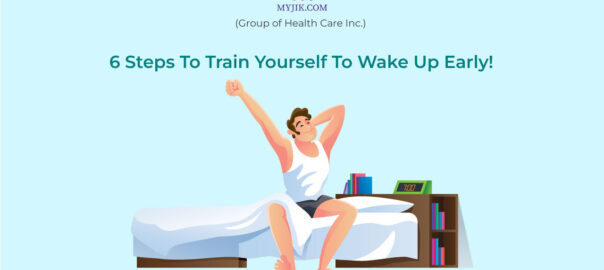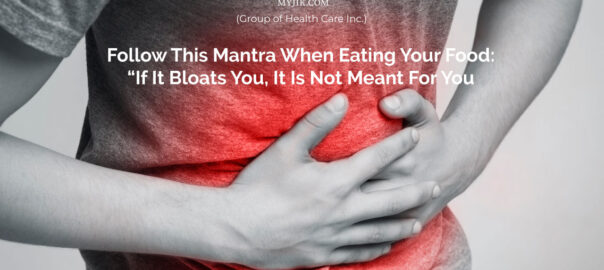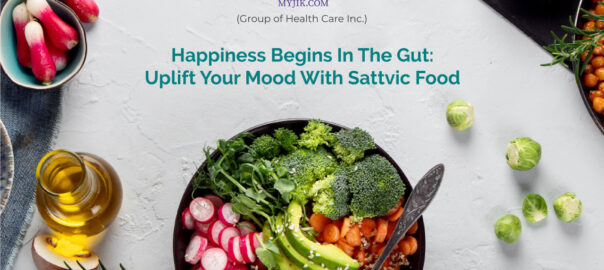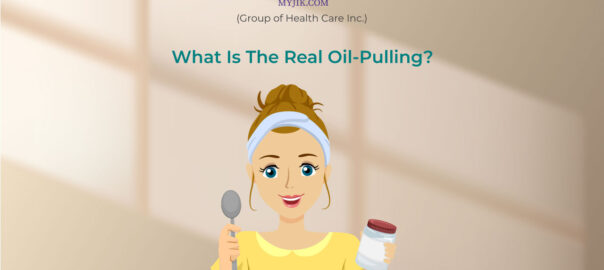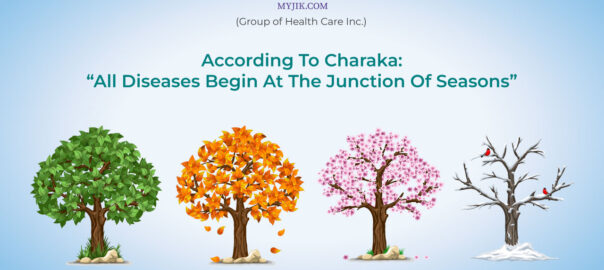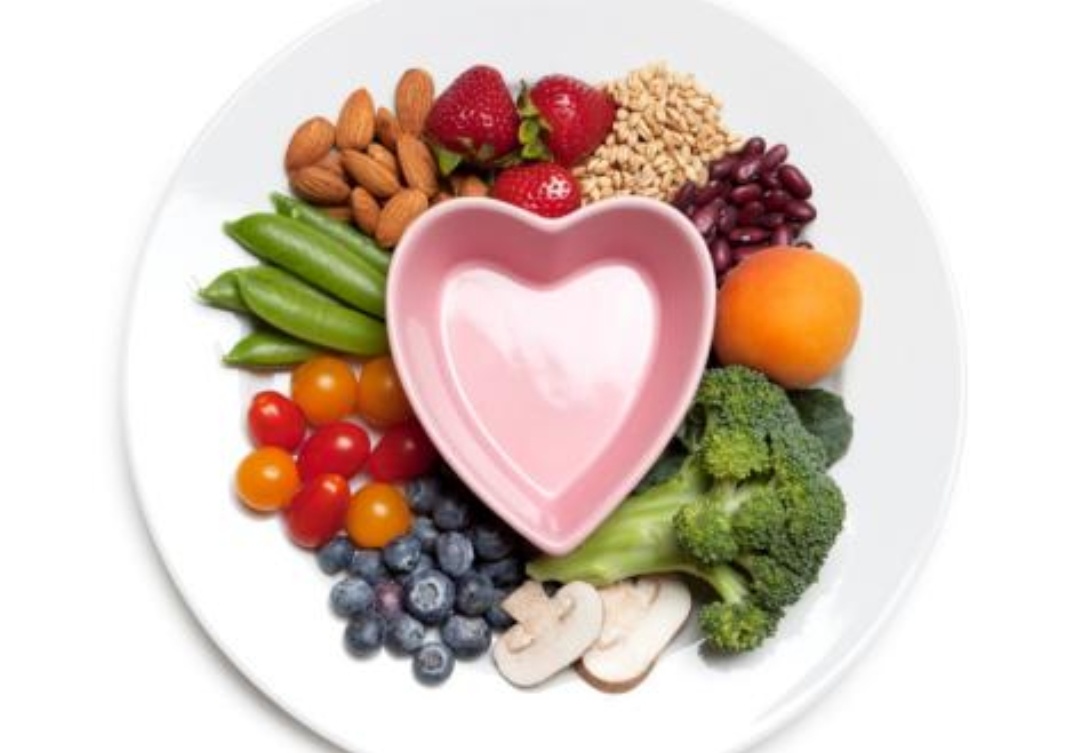
 The web is brimming with information and advice; via conversations, it is almost impossible to differentiate between facts and myths. Myths can be pretty condescending and confusing, depending on their effect on people.
The web is brimming with information and advice; via conversations, it is almost impossible to differentiate between facts and myths. Myths can be pretty condescending and confusing, depending on their effect on people.
Not long ago, myths tricked people into believing the earth is flat. And currently, it even has the power to set the death dates of many famous people very efficiently! It is similar to a chameleon changing colours to fit its needs.
Jokes apart, but myths can be detrimental to your health as well. Did you know that you blindly follow myths by misunderstanding them as fact?
Food myths are a misconception that need to be busted as soon as possible. People always struggle between what their diet should consist of or whether to move to a more nutritious diet.
However, educating yourself about the most common misconceptions regarding healthy eating would be the right place to start. Health improvement shouldn’t be a mystery, after all.
Here are eight healthy eating myths that have kept you in the dark:
Myth 1: Breakfast Is The Most Important Meal Of The Day
Fact: Breakfast isn’t special, and having breakfast in the morning or including a specific food type isn’t necessary.
If you are not hungry in the morning, skipping this meal and heading directly to lunch is acceptable.
Myth 2: Snacking Is Bad For You
Fact: Snacking reduces appetite, which either helps or hurts you, depending on what you eat. Therefore snacking on healthy options like fruits, nuts (selective ones), and seeds can be beneficial.
Myth 3: Carbs Are Unhealthy!
Fact: Carbs are essential; consuming carbohydrates from minimally processed, wholesome meals, such as whole legumes, dairy, grains, fruits, vegetables, and nuts, is preferable.
Moreover, a healthy diet must include carbohydrates since they give your body the energy it needs to function. People often misinterpret refined grains, sugar, and processed food carbs with good carbs that our body needs.
Myth 4: You Must Let Go Of Your Favourite Foods
Fact: You do not have to give up your favourite foods while eating healthy.
You could instead ensure you control your intake and choose healthier options most of the time. Small portions of your favourite high-calorie items can still be a nutritional component of your diet.
Myth 5: Eating Healthy Can Be Expensive
Fact: Not true! Opting to eat healthy doesn’t have to be expensive at all. Instead, you can save money with meal preps rather than ordering take-outs.
The cornerstone of many nutritious meals, veggies, nuts, and seeds are considerably more affordable in many parts of the world than other food kinds.
Myth 6: Low-Fat Foods Are Healthier For You
Fact: Low-fat foods frequently backfire. These substitutes are not always healthy because they often contain higher sodium and sugar levels to compensate for the loss of mouthfeel caused due to fat removal.
Furthermore, by avoiding fat, you are avoiding the most satiating nutrient.
Myth 7: One Perfect Diet Fits Everyone
Fact: Our dietary demands vary due to the differences in our bodies and nutritional requirements. There are no one-size-fits-all policies regarding diet plans for a healthy lifestyle.
The secret is to choose a strategy that works for your needs and way of life because what works for one person may not work for another.
Myth 8: Healthy Food Is Boring!
Fact: With some creativity, you can prepare nutritious and delectable healthy meals that aren’t boring because this myth is far from the truth.
When it comes to healthy recipes, there are countless options to begin developing your own, especially after you understand the fundamentals of healthy eating. But don’t refrain from indulging in your favourite foods; that way, there is consistency, and you form a pattern while trying to eat healthily.
Conclusion:
Now that the myths and facts have been revealed, you should know that believing myths is akin to developing an addiction. It is designed to thwart efforts to improve nutritional status by relying on guides, recipe books, or specific food brands.
Moreover, It can be challenging to decide whether to follow advice that may factually be incorrect. It is better to state your facts accurately than blindly believing opinions and misconceptions. In addition, seeking professional help is usually a better option.





